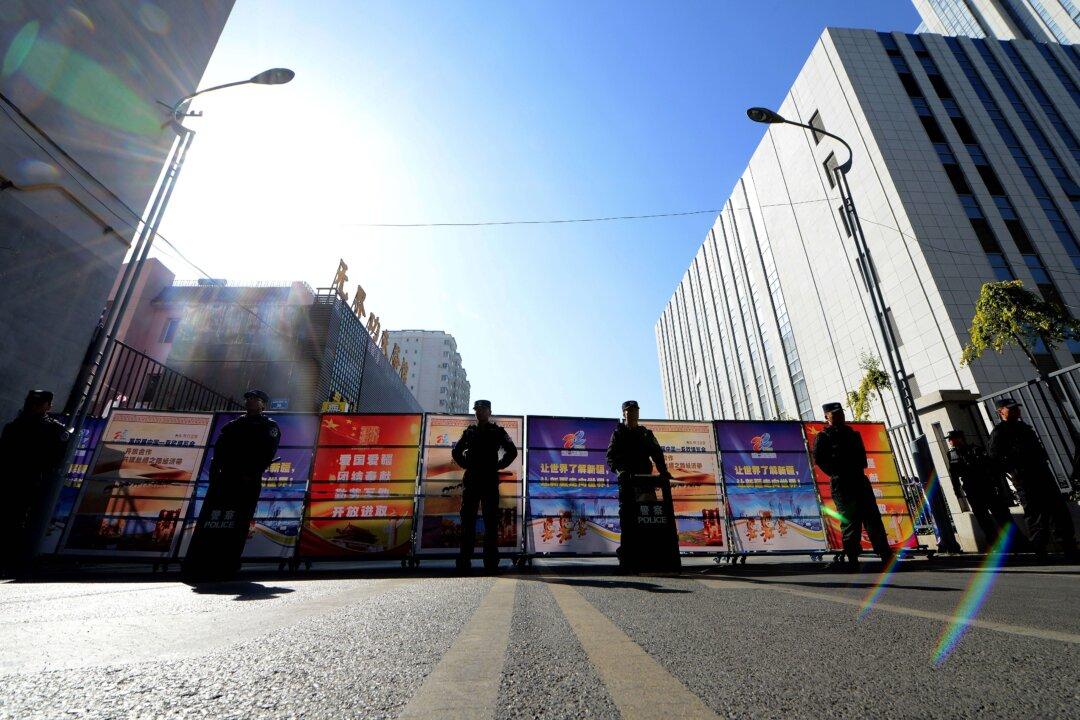The Chinese Communist Party (CCP)’s top prosecutor’s office announced on Dec. 16 that Ren Hua, former vice chairwoman of the Xinjiang government, was arrested and would be prosecuted on bribery charges.
Ren has held many important positions in Xinjiang and worked with three other former high-ranking officials who have been arrested for corruption.




